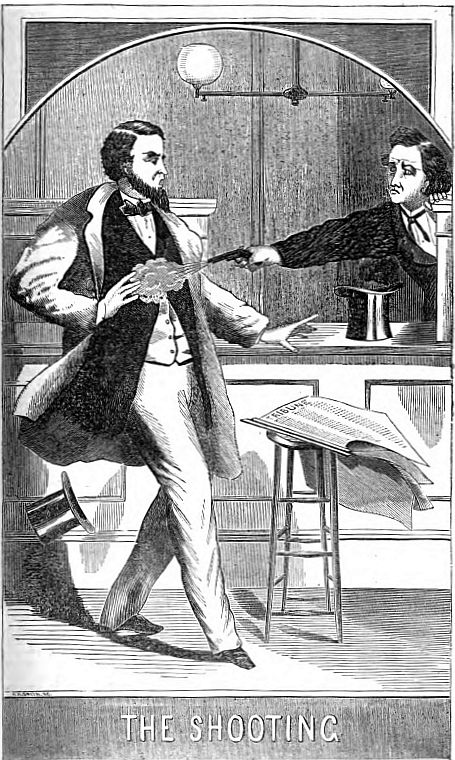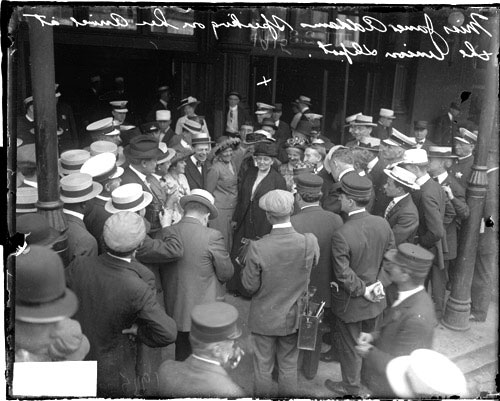Reference




OpenAI's Answer
Multiple notable homicide cases occurred around the year 1870, involving various circumstances and judicial processes. Here's an overview based on some notable findings:
-
Homicide in Chicago Database: From 1870 to 1930, records were meticulously kept of homicides in Chicago. These documented not only the names and details of those involved but also the circumstances of each case, helping to create a comprehensive historical database of crime-related data in that era. You can explore more about specific cases in the Homicide in Chicago Project managed by Northwestern University here.
-
Legal Proceedings: During the early 1870s, the prosecutions of homicides often relied on coroner's inquisitions. These were detailed examinations into the cause and manner of deaths that occurred suddenly or without apparent cause. Such an inquisition could lead to a formal judicial proceeding, although they were viewed by some as expensive and of minimal value, since they almost invariably led to a bill being presented to the grand jury, as noted in historical analyses.
-
Cultural and Social Context: The period from 1870-1930 in cities like Chicago was marked by significant social challenges including civil unrest, racial segregation, labor issues, and changes in the industrial landscape. These factors often influenced the nature of crimes and the judicial processes. Understanding these issues can give deeper insight into the motivations and circumstances surrounding each charge or criminal event.
For more detailed information or specific case studies, examining historical archives or specialized databases would be insightful, as these resources can provide context to the legal and social environment of the time.
Additionally, here is an image related to a homicide event from that era:
